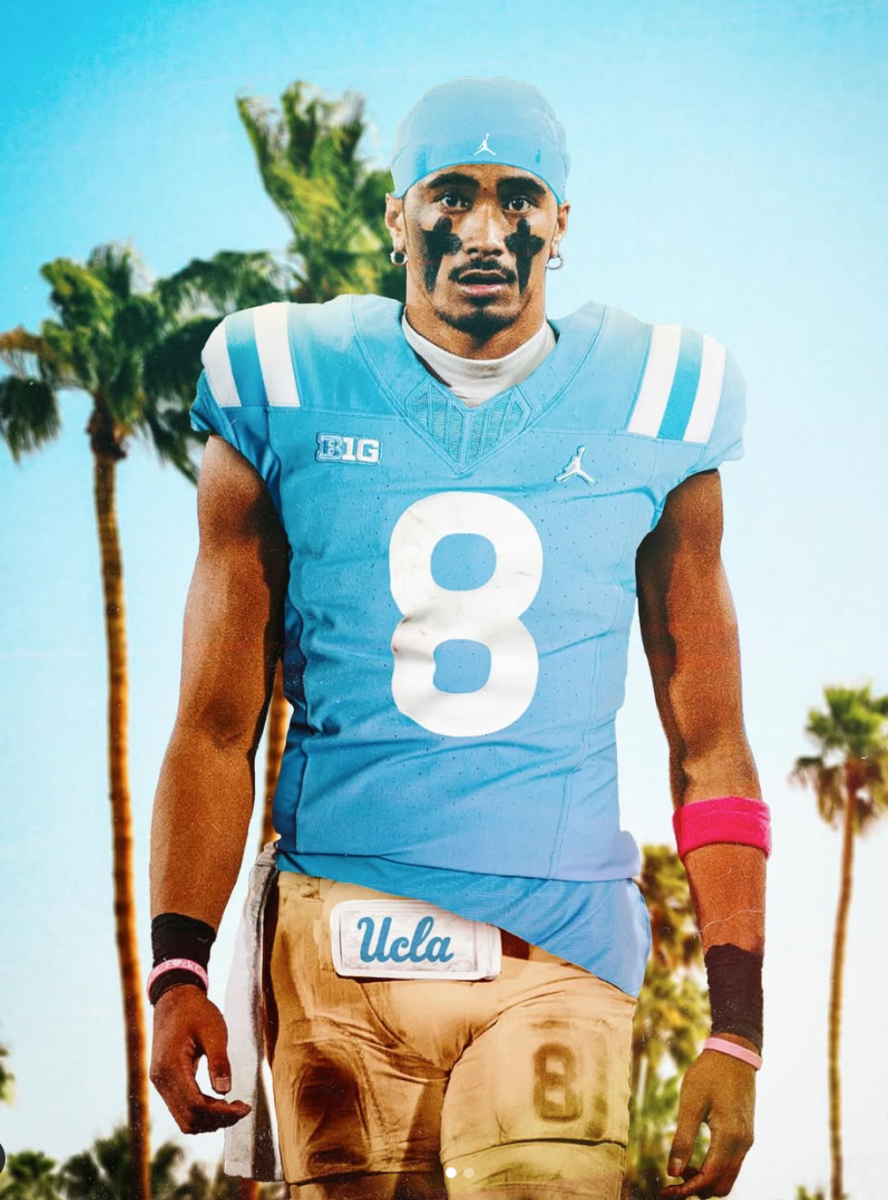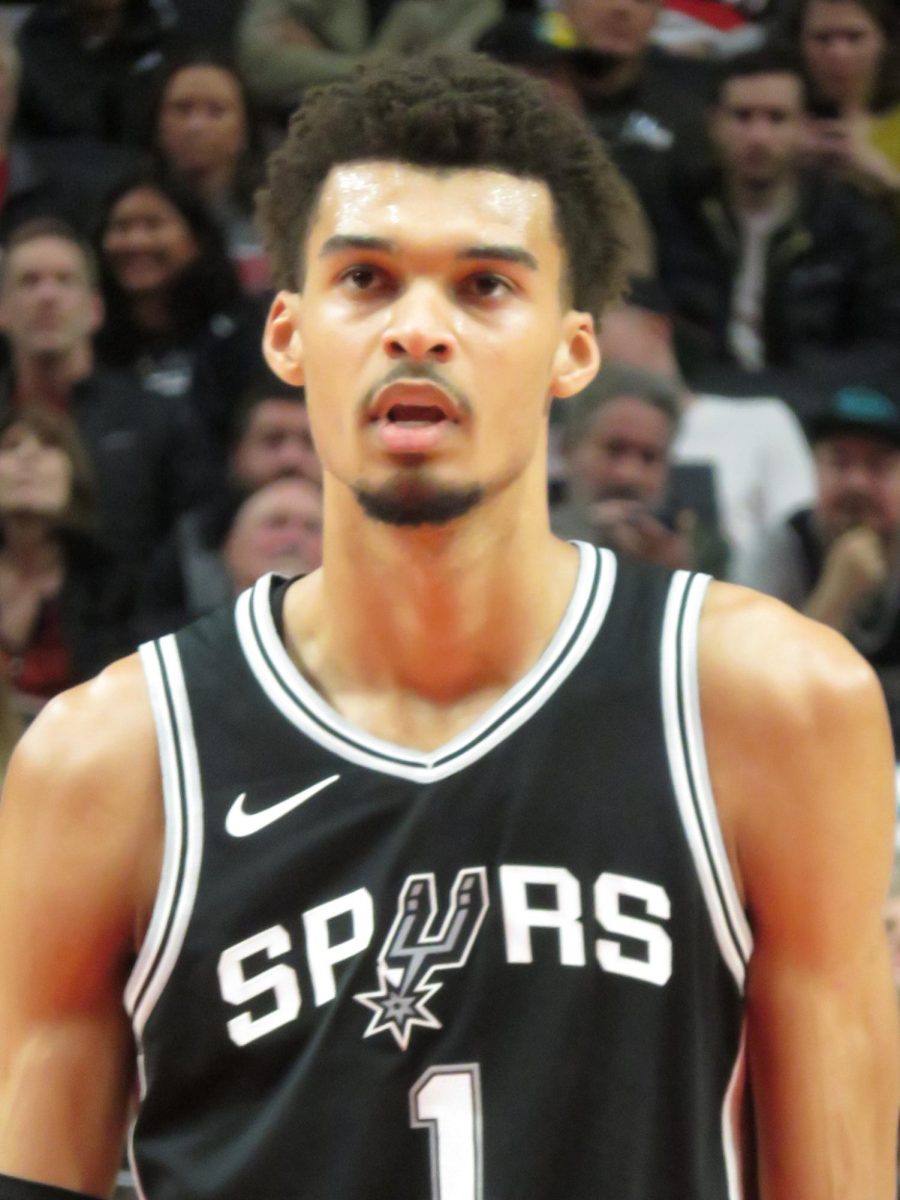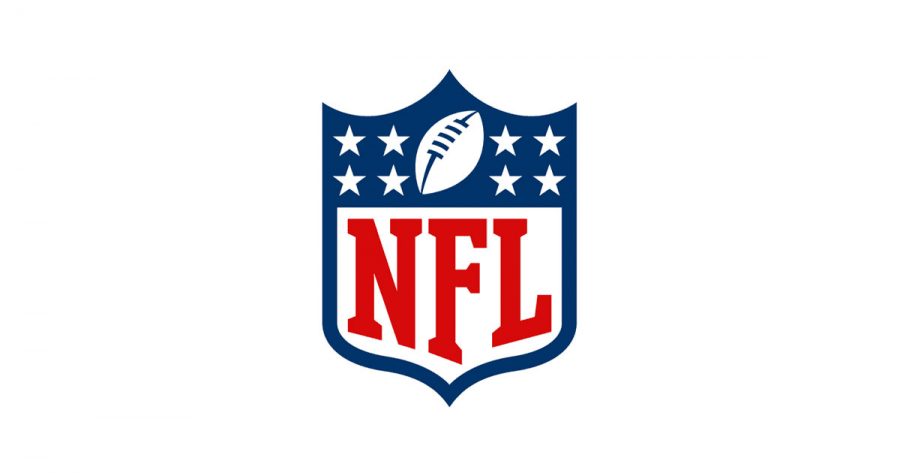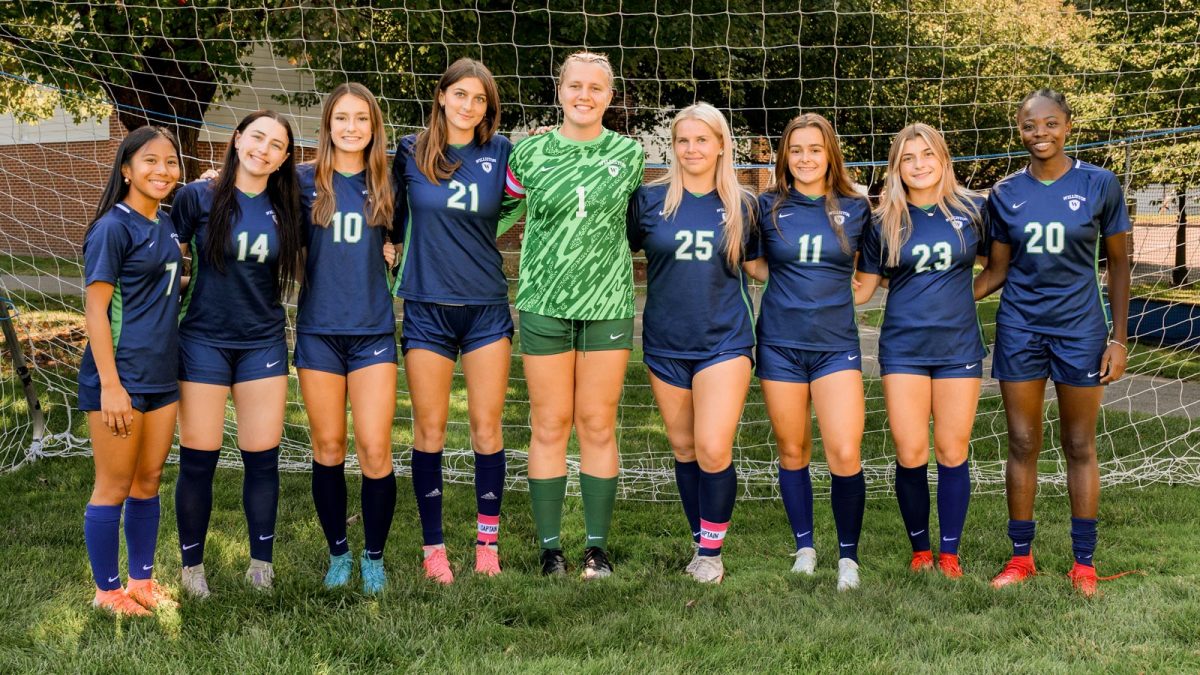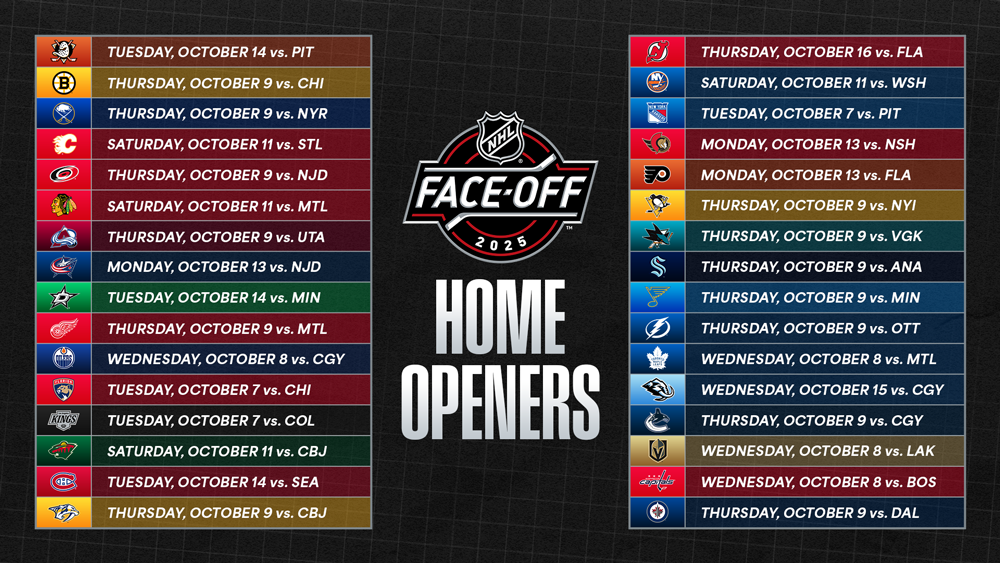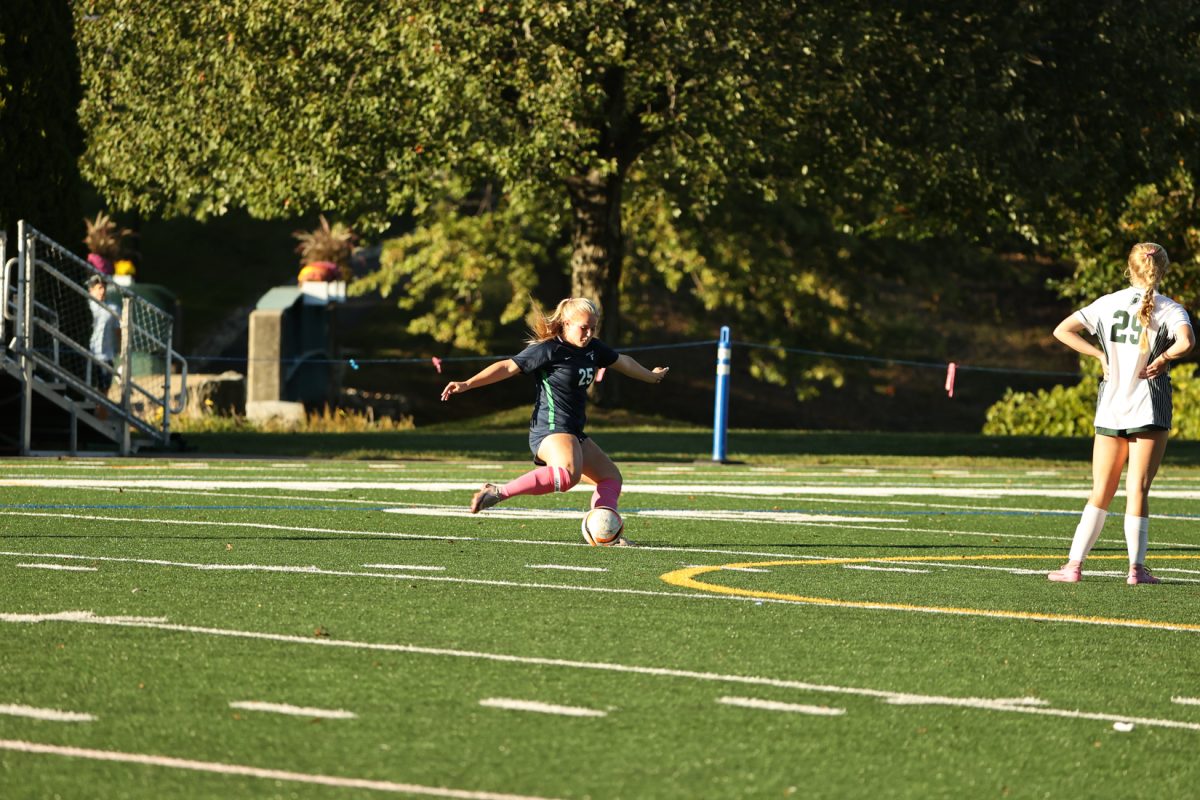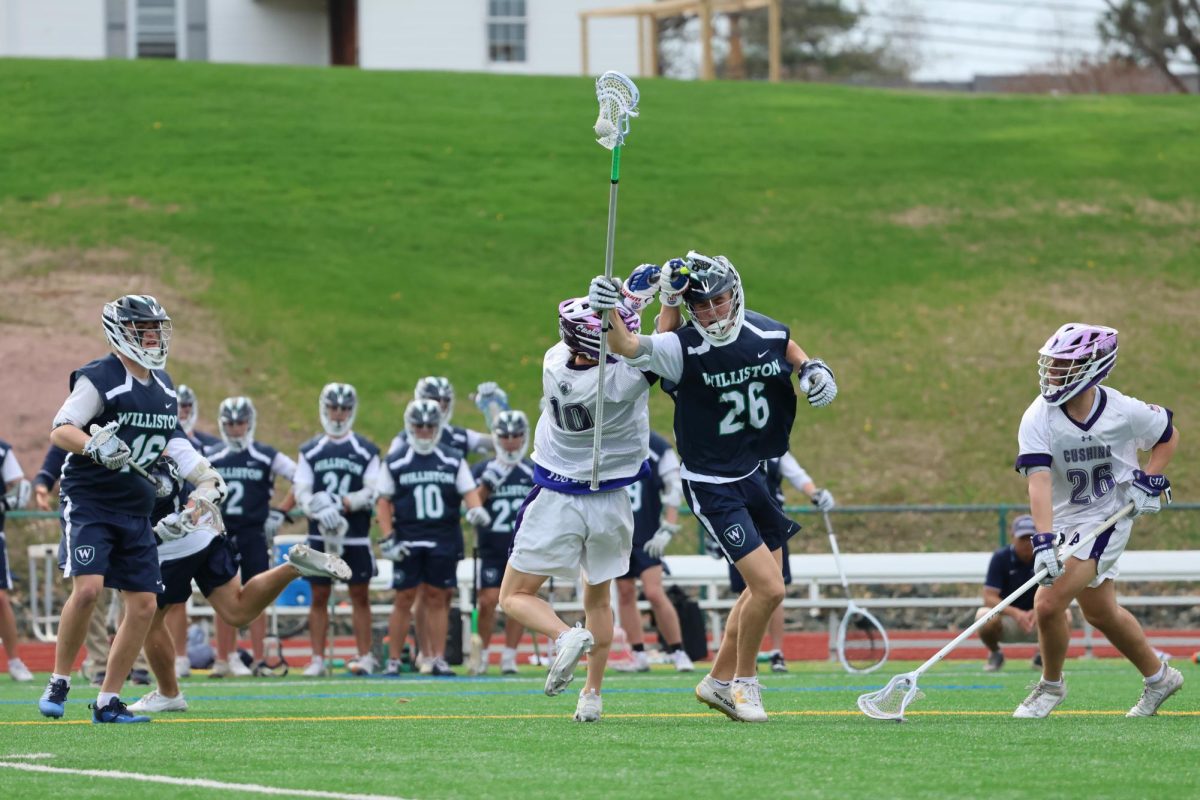Once the face of the program and a symbol of the NIL era, Tennessee quarterback Nico Iamaleava has left the program following a dispute over NIL compensation.
Iamaleava is leaving Tennessee after a high-profile NIL contract dispute, highlighting growing tensions in college football as players seek more leverage and compensation.
After his first season as a starter, Iamaleava and his camp wanted to renegotiate deal worth $4 million annually, doubling his initial agreement. Tensions reached an all-time high when Iamaleava decided to holdout and not participate in off-season training, leading to frustration within the program.
According to High School Football America, ” Nico Iamaleava is a 20-year-old American football quarterback, born on September 2, 2004, in Long Beach, California. He is of Samoan descent and comes from an athletic family. Iamaleava attended both Long Beach Polytechnic High School and Warren High School in Downey, California.
During his high school career, Iamaleava showcased his dual-threat capabilities. As a junior at Warren High School, he threw for 2,244 yards and 33 touchdowns with only one interception, leading the team to an 8-1 record. In his senior year, he passed for 1,726 yards and 25 touchdowns, while also rushing for 399 yards and six touchdowns. His outstanding performance earned him the 2022 Polynesian High School Football Player of the Year award.
Later, Iamaleava enrolled early at the University of Tennessee in December 2022. In the 2024 season, his first as a starter, he led the Volunteers to a 10-3 record and their first-ever College Football Playoff appearance. He completed 63.8% of his passes for 2,616 yards, 19 touchdowns, and five interceptions and totaled 358 rushing yards and three touchdowns.
On April 12, Tennessee officially cut ties with the quarterback, signaling a new era where player holdouts and NIL leverage could become the norm rather than the exception. Iamaleava was the second highest rated recruit in the nation according to 247, earning him an $8 million NIL deal to play at Tennessee. This dramatic exit has sparked debate among the football community about how NIL money is manage. Many Coaches suggesting for a contractual buyouts to prevent holdouts and bring order to college football’s chaotic new landscape.
Iamaleava’s camp allegedly wanted a new NIL deal worth around $4 million per year, which the school refused. Despite public denials from his representatives, sources confirmed that tensions over NIL had reached a tipping point. Tennessee, decided no one is bigger than the program, not even the quarterback they once built their future around.
NIL refers to using an athlete’s name, image, and likeness for maketing and promotional purposes. This can include autograph signings, endorsements, social media posts, and more.
This moment could potentially be the tipping point for how schools, athletes, and fans think about NIL and the balance of power in college sports.
With NIL playing a pivotal role in college football, players can now transfer almost at will, and with big money on the table, some are already using their leverage to renegotiate deals mid-contract. Billy Napier, the head coach of the Florida Gators, has confirmed to sources that he has renegotiated contracts with 98% of players on their roster. However, what happened with Iamaleava could easily happen again, especially for star players who feel underpaid or under appreciated.
The idea of adding buyouts to NIL contracts is similar to how coaches have buyouts written into their agreements. A buyout would require a player or new school to pay a set fee if that player leaves before their contract is up. It wouldn’t stop movement entirely, but it would slow things down and create more accountability.
Tennessee head coach Josh Heupel, a former college football player, acknowledged his main job admist all the NIL chaos.
“At the end of the day, everybody in college football’s dealing with this as the portal opens up [April 16],” he said. “And at the end of the day, it’s my responsibility, our staff’s responsibility, to find 105 guys that are going to go give their all for Tennessee day in, day out and certainly on game day too, and we’ll do that.”
Dean Ruksnaitis, a junior on the Williston Varsity Football team, believes that this instance illustrates players picking quick money over longer-term development.
“Situations like this show how some players are starting to prioritize money over growth and commitment to the team. College is supposed to be about developing your game and earning your spot, not holding out for a bigger check,” he said.
With NIL never leaving, if the NCAA and schools don’t create a system with structure, whether that’s contracts, buyouts, or even player unions, college football might lose what makes it special: teamwork, development, and loyalty.
Iamaleava’s departure leaves a massive hole within their offense, but the long-term implications are even bigger. If one of the highest-paid and most supported players in the country can walk away from an SEC program after one year, what’s to stop others from doing the same?
Jack Wilson, a junior boarder from San Francisco, isn’t shocked by Iamaleava’s decision, but is disappointed.
“It’s crazy to think that a player like Nico, who was basically the face of the program, could just walk away after one season,” he said, “I get wanting to be paid fairly, but at some point, it’s gotta be about more than money.”



